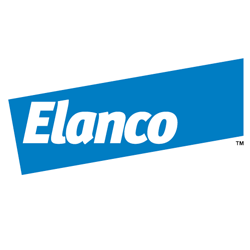Vaccine storage and handling
Vaccines are among some of the most important resources used to protect animals’ health. However, they are only effective if they are stored and handled correctly. Improper handling and storage can decrease the efficacy of the vaccine, leaving the animal vulnerable to disease.135 Specific details about storage and handling protocols can be found in each manufacturer package insert.
In general, storage and handling require vaccines to be kept in a temperature-controlled environment from the time they leave the manufacturer to the time of their administration, a process known as the vaccine cold chain.135,136 The vaccine cold chain is a shared responsibility between the manufacturer, distributor, and veterinary team. The development of a standard operating procedure to ensure proper ordering, storage, and administration is essential to the vaccine protocol of a veterinary healthcare provider.
Storage and temperature monitoring equipment are critical to ensure proper vaccine potency. The CDC recommends purpose-built units (also known as pharmaceutical grade) or stand-alone household refrigeration units to properly store vaccines.135,136 Either purpose-built or stand-alone units can be compact size or larger. A high-quality thermometer should be kept in the center of the refrigerator. Temperatures should be monitored and recorded per the veterinary team’s standard operating manual.
Refrigerated vaccines should be stored at temperatures between 2°C and 8°C (36°F and 46°F).135,136 The thermostat should be set at midrange to achieve a temperature of ~5°C (40° F), which will decrease the likelihood of temperature fluctuations.135,136 Vaccines should be organized and placed centrally in the refrigeration unit to promote proper airflow, typically 2–3 inches from the walls and doors.135,136 Remove deli, fruit, and vegetable drawers, as these areas have unstable temperatures and are unsuitable for storage. Vaccines should be kept in their original packaging with lids closed until ready to open.135,136 The refrigerated vaccine storage unit should be designated for only vaccines.
Single-dose vaccines (both freeze-dried and liquid forms) should not be removed from the refrigerator until the time of administration. 135,136 A new, sterile syringe and needle should always be used for proper vaccine administration. A delay in vaccine reconstitution and administration could decrease the efficacy of the vaccine owing to the fragility of the vaccine and temperature fluctuations. 135,136 Multidose vaccines typically have preservatives to allow prolonged storage once the seal has been opened.135,136 See the vaccine package insert for manufacturer recommendations and directions for proper storage and handling.







